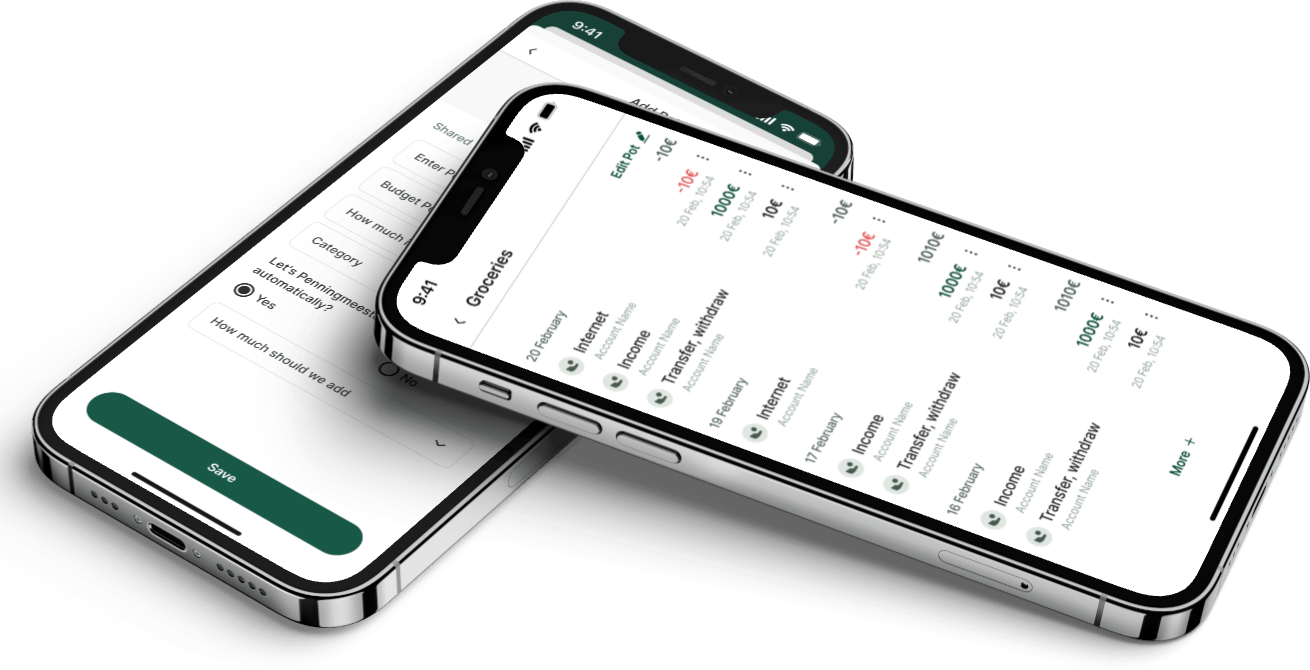Sometimes it’s not the big purchases that derail your finances, it’s the quiet, recurring leaks that slowly drain your account. The streaming service you forgot to cancel. The bank fee you barely notice. The lunches that add up faster than you realize.
The good news? These leaks are fixable. Once you spot them, you can plug them and reclaim money that’s been slipping away month after month.
Here are 10 common budget leaks you should look for right now.
1. Forgotten Subscriptions and Memberships
Streaming platforms, cloud storage, apps, gyms—subscriptions are easy to sign up for and easier to forget. Many people pay for services they don’t use or rarely use.
Fix: Do a subscription audit. List every recurring charge, then cancel or downgrade the ones you no longer need.
2. Grocery Store visits
Pop into the supermarket for “just one thing,” and suddenly you’re walking out €30 lighter with chips, chocolate, and three sauces you didn’t know you needed. Sound familiar? That’s no accident. Stores are designed to tempt you into impulse spending.
Fix: Beat the system by planning one weekly trip, armed with a list you actually follow. Think of it as grocery judo: using their tricks against them.
3. Expensive Loans
Personal loans can feel like a quick fix, but interest rates of 6–10% add up faster than most people realize. Over several years, you could pay back far more than you borrowed. That’s cash that could be working toward your goals instead of your lender’s profits.
Fix: Prioritize paying off higher-rate loans first, and avoid taking on new consumer loans unless absolutely necessary.
4. Food Delivery and Takeout
Ordering in is convenient, but delivery fees and markups quickly quadruple the cost of a meal compared to cooking. (In case of pizza it’s even worse)
Fix: Save delivery for special occasions. Try meal prepping or batch cooking to avoid last-minute orders.
5. Energy Waste at Home
Heating is one of the biggest household costs, and much of it literally goes out the window. Overheating rooms you rarely use or keeping the thermostat a few degrees too high can add hundreds of euros to your yearly bill.
Fix: Lower the thermostat slightly, heat only the rooms you use, and improve insulation where possible. Small adjustments make a big difference.
6. Late Fees and Missed Payments
Forgetting to pay bills on time leads to penalties that are completely avoidable. Even €25 late fees here and there drain cash unnecessarily.
Fix: Set up automatic payments or calendar reminders for due dates.
7. Excessive Convenience Spending
Quick stops at coffee shops, bottled water, vending machines—small daily purchases can easily add up to €100–€200 a month without you realizing.
Fix: Set a weekly allowance for “treat” spending. Carry a reusable water bottle and make coffee at home most days.
8. Auto-Renewals at Higher Rates
Insurance, phone plans, or streaming bundles often renew automatically at higher prices. Companies count on you not noticing.
Fix: Put renewal dates in your calendar. Shop around before contracts roll over, and negotiate for better rates.
9. Wasted Groceries
Buying more than you eat leads to spoiled food, which is like tossing cash straight into the trash.
Fix: Plan meals, shop with a list, and check your fridge before heading to the store.
10. Parking, Traffic & Speeding Tickets
Every year in the Netherlands, roughly 8 million traffic fines are issued. That’s not just a statistic; it’s a national hobby! While the government may appreciate your contributions, your budget definitely doesn’t. These tickets are the definition of “wasted money”: avoidable, non-refundable, and guaranteed to leave you frustrated.
How to Plug These Leaks
Spotting leaks is the first step, but plugging them requires habits:
- Do a monthly mini-audit. Scan your account for small recurring charges.
- Use budgeting apps. Some automatically flag subscriptions and fees.
- Redirect savings. Each time you cancel or cut a leak, move that money into savings or debt repayment so it doesn’t get re-spent.
The Big Picture
Plugging budget leaks won’t solve everything, but it creates momentum. Cutting €20 here, €50 there, and €100 from another category can easily free up €200–€300 every month. That’s money you can put toward paying off debt, building an emergency fund, or saving for a goal that matters.
The power lies in awareness. Hidden costs thrive in the shadows. Once you shine a light on them, you reclaim control of your budget.
Final Word: Small Fixes, Big Impact
You don’t need a massive lifestyle overhaul to improve your finances. By identifying and eliminating these 10 budget leaks, you can strengthen your cash flow without earning a single extra euro.
Start with one or two leaks today, and you’ll already be putting money back in your pocket. Over time, these small wins build financial resilience and give you the freedom to focus on what truly matters.





